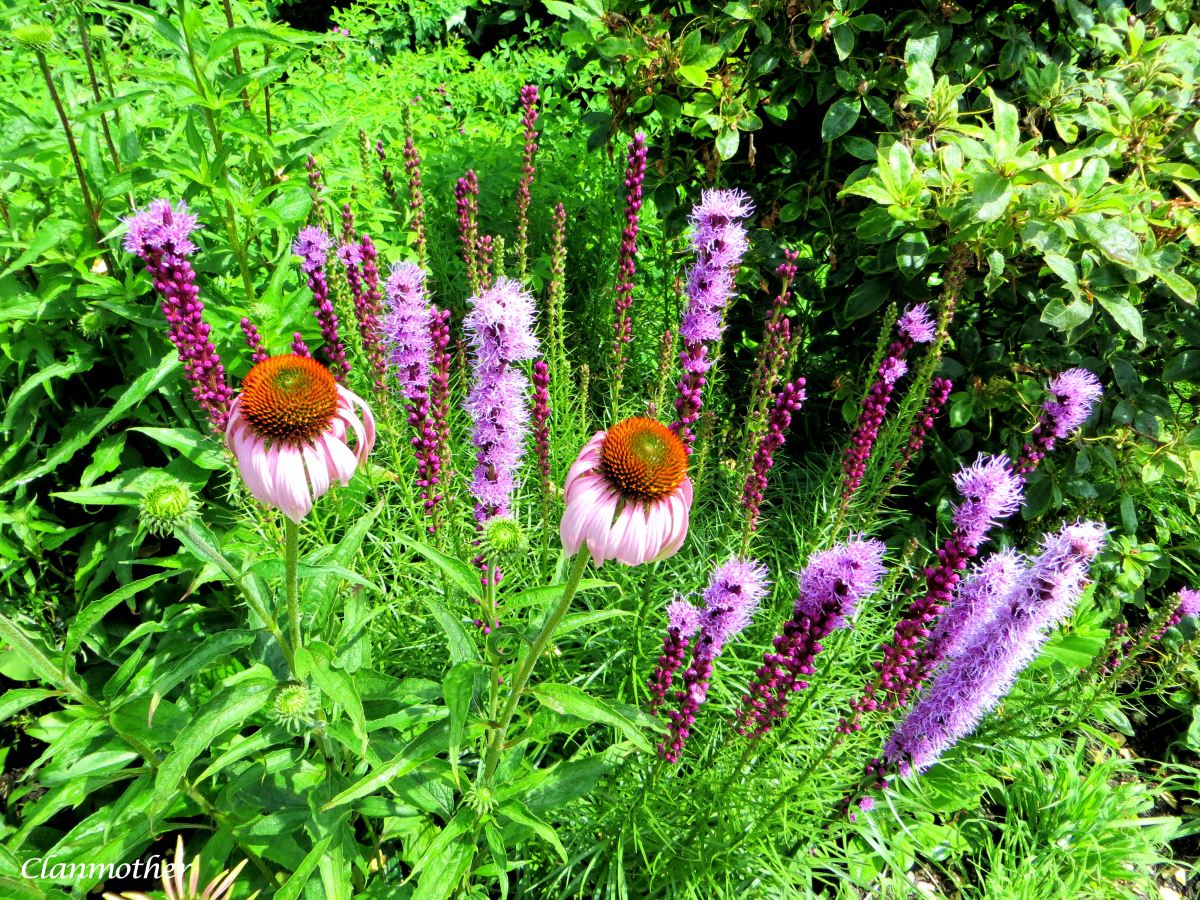Why write? There’s always a reason or purpose to scribble on a piece of paper. Over the years, my writing has been associated with work– business reports, letters and correspondence, case studies and academic research. I never considered my words and sentences as “real” writing.
Indeed, many consider writing to be in the form and context of the social sciences or literature. Most writing, however, occurs in every day moments – a thank you to a friend; a text message to and from a co-worker; an e-mail from a supervisor. Writing involves a complex skill set that involves creative thinking, cognitive development and understanding the community in which you are a participant. In its simplest and most profound structure, writing is communication. Every time we type a word or scrawl a quick note, we engage in the noblest purpose of all – a conversation. As Albert Camus eloquently stated, “the purpose of a writer is to keep civilization from destroying itself.”
Paulo Coelho said, “Tears are words that need to be written.” What better way to acknowledge the grieving process.
Friedrich Nietzsche declared, “All I need is a sheet of paper and something to write with, and then I can turn the world upside down.” Words are a powerful force.
Anaïs Nin reflected, “The role of the writer is not to say what we can all say, but what we are unable to say.” Becoming a writer is choosing to look at life differently, to see beyond the immediate, to accept our responsibility to seek the greater good.

We write to contain our insanity. Or explore and express it. I couldn’t live without writing. Like you said, a text message or an e-mail to a friend, it’s got to get out there. I love feeling the words pour out of my fingers, and there’s something insatiable that grows as I see the pages slowly fill with my thoughts. It has to get out there, it has to. There’s no other way.
LikeLike
I love your enthusiasm!!! Thank you for joining the discussion and for sharing your love of words. Graham Greene, English playwright and literary critic agrees with you when he said: “Writing is a form of therapy; sometimes I wonder how all those who do not write, compose or paint can manage to escape the madness, melancholia, the panic and fear which is inherent in a human situation.” Looking forward to our ongoing dialogue….
LikeLike
I am glad you mention our every day writing and text messages. I think text messages have unleashed a massive amount of creativity because we no longer feel that our language has to be perfect to express ourselves. I recently read Joan Druett’s wonderful account of Tupaia, Captain Cook’s Polynesian Navigator. The book contains many records from Cook’s and other crewmen’s diaries/logs. The language of the logs was curious to my modern eye but I felt it was almost text message like in its creativity and expressiveness. Grammar and spelling appeared wayward but the content and communication were clear. Delightful.
LikeLike
This sounds like someone I need to read! I checked out Joan Druett’s website – fascinating!! http://www.joan.druett.gen.nz/
LikeLike
Fascinating for sure. I just need to squeeze in more reading time!
LikeLike
Have you figured out a way to extend the 24 hours/day to 30 hours/day? I’ve been trying for years, but no luck…
LikeLike
We need new timepieces!
LikeLike
Indeed, we do!!!
LikeLike
Beautiful flower!!! Great shot!!!
LikeLike
Thank you so much! I love flowers – they always make me look like I know what I am doing with a camera….
LikeLike
Sometimes I feel writing is a shortcut to release certain pain, otherwise I just keep too much inside!
LikeLike
I agree – once the words are on paper, the sting is taken out of the thoughts…
LikeLike
Writing has changed somehow over the centuries–scrolls, first printing press, etc. etc. Some years ago when I was doing some research I looked at old newspapers–wow! so different, the advertisements, all the comments had a unique look to them. Old newspapers–what a heritage.
LikeLike
That must have been an interesting project. I remember using microfiche to research old documents. We have come a very long way since then!!!
LikeLike
You may run..but you can never hide. 🙂 Just kidding – found this blog and am now following it.
You’re making me think to hard. I started writing a blog so that I could perhaps one day get paid as a travel writer, but now I’m not sure what motivates me to continue to write. I wish I had more quiet time to develop my creativity, but life’s responsibilities keep getting in the way.
I think I need a cabin in the woods where no one can find me. 🙂
LikeLike
I am so very, very glad that you dropped by for a visit – a lift to my day!! Blogging seems to have a mind of its own. We start out with one goal and then end up with several others that we didn’t think about when we first started out. I agree that creatively takes a considerable amount of time and inward reflection. And since you will be heading out to the woods, take this thought from my dear friend, Henry David Thoreau: “I went to the woods because I wished to live deliberately, to front only the essential facts of life, and see if I could not learn what it had to teach, and not, when I came to die, discover that I had not lived.”
LikeLike
Gorgeous flower pic, Rebecca. I think we all write for different reasons, but to the same end, that we want our voice to be heard. 🙂
LikeLike
I agree! We want to participate, to communicate to share and to enjoy connecting with others. In the end, the true value of a life well lived is the connections we made during our tenure. Your visits and comments bring joy to the discussion.
LikeLike